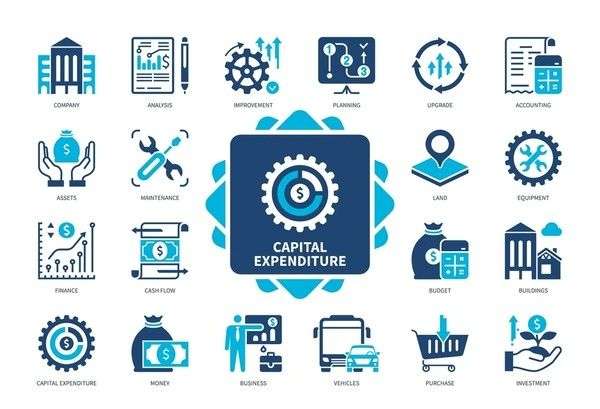Understanding Commercial Credit Companies: Functions and Importance Explained
A commercial credit company is a specialized financial institution that provides credit information and risk management services to businesses and individuals. These companies collect, analyze, and distribute credit-related data to help lenders, businesses, and other entities make informed decisions about extending credit or entering into financial transactions. Key Functions of Commercial Credit Companies 1. Credit […]
Understanding Commercial Credit Companies: Functions and Importance Explained Read More »










